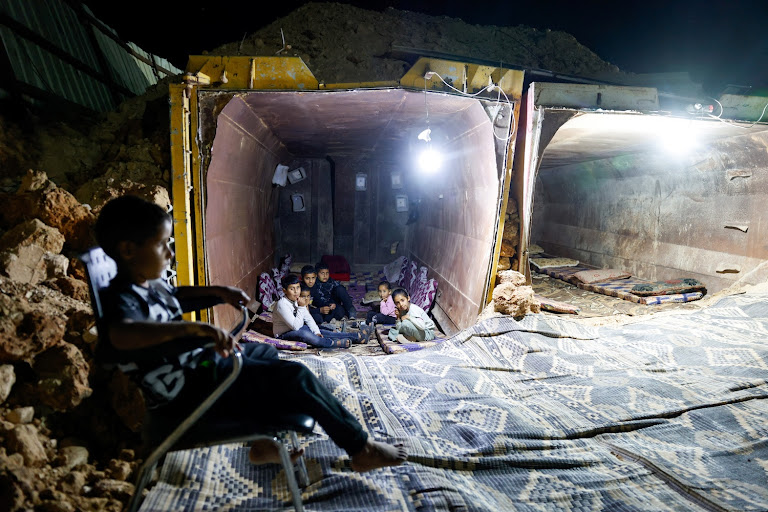Iran-Israel Conflict: We Will Evacuate Thai Workers from Middle East
Escalating Iran-Israel tensions prompt urgent evacuation plan for Thai workers in key sectors like agriculture, risking vital remittance flows.

The call from Thailand’s Ministry of Foreign Affairs is stark: Thai nationals in Israel and Iran are urged to leave immediately. As reported by the Bangkok Post, the escalating violence necessitates an urgent evacuation plan, underlining the delicate balance between geopolitical tensions and the economic realities driving migration. The announcement, covered extensively in these recent findings, highlights a system where vulnerable populations bear a disproportionate burden when international stability crumbles.
This isn’t simply a matter of individual decisions. It’s a complex interplay of factors that deserves careful scrutiny:
- Economic Imperatives: Thai workers, often seeking opportunities unavailable at home, fill crucial labor gaps in Israel’s agricultural sector and other industries. These remittances are vital to the Thai economy, creating a dependency that complicates any withdrawal.
- Geopolitical Risks: The decades-long shadow war between Iran and Israel, increasingly playing out in overt attacks and proxy conflicts, transforms these migrant workers into pawns on a global chessboard.
- Bureaucratic Challenges: While Thai embassies are instructed to facilitate departures, the logistics of moving potentially thousands of people out of conflict zones are daunting, particularly given the possible limitations of available resources and coordination efforts.
- Technological Dependence: The encouragement to use the “Smart TOEA” app, while seemingly helpful, raises questions about data security, privacy, and the potential for misuse in such a volatile environment. Real-time location tracking, though intended for rescue, could also be exploited.
The situation reveals a vulnerability web: Thai workers are vulnerable to economic pressures at home that push them into precarious situations abroad. Thailand’s economy is, in turn, vulnerable to disruptions in the flow of remittances. And the broader international system is vulnerable to escalations that have direct, devastating impacts on ordinary people far removed from the halls of power.
The Ministry of Labour’s establishment of coordination centers and the push for location-tracking apps point to a recognition of the problem’s scale. But technology is not a panacea; it’s merely a tool. The real question is whether these measures are sufficient to protect a population caught between global powers.
“In the face of escalating conflict, the call for evacuation underscores a deeper truth: global instability disproportionately impacts those who migrate for economic opportunity, revealing the human cost embedded within the systems that drive both labor flows and international tensions.”
Ultimately, the unfolding situation serves as a stark reminder that globalization’s benefits are not universally distributed and that the promise of economic advancement can come with unforeseen and sometimes unbearable risks. This event should compel a re-evaluation of both national policies surrounding labor migration and the international dynamics that leave entire populations exposed to the whims of geopolitical maneuvering.









